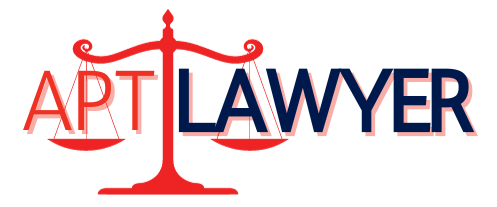Value of Airtight Contracts in Business

Contracts are often ignored in this fast-paced world of business, where deals are struck and partnerships formed at the speed of light.
These legal documents serve as the cornerstone of any business agreement, providing clarity, protection, and a solid foundation upon which companies can build their operations. From safeguarding intellectual property to delineating responsibilities, a well-drafted contract is essential for ensuring that all parties involved are on the same page and that potential conflicts are mitigated.
From a legal marketplace perspective, the significance of airtight contracts cannot be overstated. In today’s highly competitive environment, where litigation and disputes are all too common, having a comprehensive and precisely crafted contract can mean all the difference between success and failure for a business. Here are some key reasons why airtight contracts are indispensable in the business world:
- Clarity and Understanding: A well-written contract clearly outlines the terms and conditions of the agreement, leaving no room for ambiguity or misunderstanding. By clearly defining each party’s rights, obligations, and expectations, contracts help prevent misinterpretation and reduce the likelihood of disputes arising down the line.
- Risk Mitigation: Business transactions inherently involve risks, whether it’s financial, operational, or legal. Airtight contracts help mitigate these risks by allocating responsibilities, specifying deadlines, and establishing dispute resolution mechanisms. By clearly delineating the consequences of potential breaches or failures to perform, contracts incentivize parties to fulfill their obligations and minimize the likelihood of legal disputes.
- Protection of Intellectual Property: Intellectual property (IP) is often one of the most valuable assets of a business. A well-drafted contract should include provisions to protect IP rights, such as trademarks, copyrights, and patents. This may include clauses addressing confidentiality, non-disclosure, and ownership of any creations or innovations resulting from the collaboration.
- Enforceability and Legal Recourse: In the event of a breach of contract or disagreement between parties, having a comprehensive and legally enforceable agreement is essential. Airtight contracts clearly outline the remedies available in case of disputes, whether through negotiation, mediation, arbitration, or litigation. With a well-drafted contract, parties can have confidence that their rights will be protected and that there are avenues for legal recourse if necessary.
- Building Trust and Credibility: Airtight contracts demonstrate professionalism and integrity, signaling to business partners, investors, and stakeholders that you take your commitments seriously. By fostering transparency and accountability, contracts help build trust and credibility, which are essential for long-term business relationships and success in the marketplace.
- Compliance with Regulatory Requirements: Depending on the nature of the business and the jurisdiction in which it operates, there may be various legal and regulatory requirements that need to be addressed in contracts. From consumer protection laws to industry-specific regulations, airtight contracts ensure compliance with applicable legal standards, helping businesses avoid costly penalties and legal repercussions.
In conclusion, airtight contracts are indispensable tools for businesses operating in today’s complex and competitive marketplace. From safeguarding interests and mitigating risks to fostering trust and compliance, well-drafted contracts play a crucial role in ensuring the smooth functioning of business transactions and relationships. By investing time and resources in creating comprehensive and precise agreements, businesses can protect their interests, minimize disputes, and lay the groundwork for sustainable growth and success.
